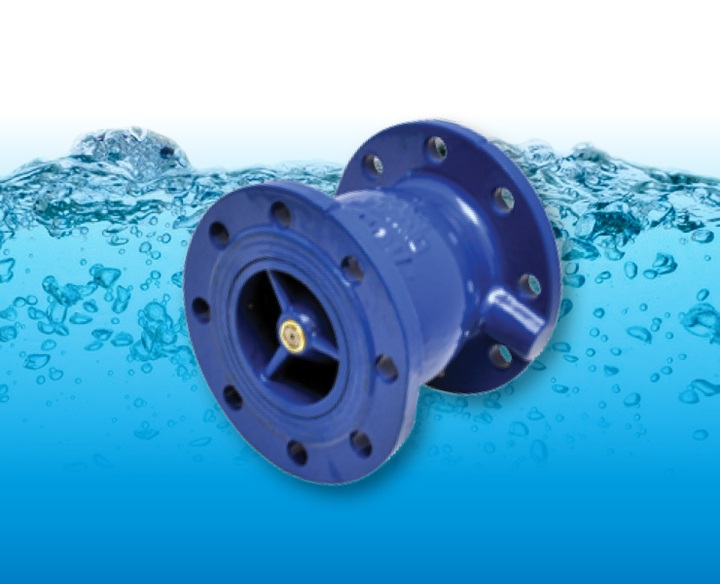
Air Release and Vacuum Solutions
What does an air valve do? Will an air valve make a pipeline more efficient?
Air valves are used to improve the performance and asset life of pipe systems. Primarily they manage the air discharge, increasing system efficiency and to draw air back into the pipeline to negate any vacuum conditions caused by negative pressures. The correct air valve provides protection from transient pressures and entrapped air in pipelines, the main cause of bursting, collapsing and fracturing of pipelines.
These negative effects on pipeline assets can be directly associated with reduced pipeline efficiency, premature failure and increased whole life costs. Air valves will effectively allow air to be expelled as well as introduced into a pipeline during the many phases of operation including filling, pumping and emptying.
Issues caused by air inside water pipes. They include:
- Impedance of flow in pipelines – up to complete stoppages.
- Serious head losses – energy losses.
- Water hammer damage.
- Inaccurate readings in water meters.
- Inadequate supply of water to areas in the system
- a) Due to air obstruction, flow and accumulation of pressure losses.
- b) Due to faulty meter readings.
- Serious damage to internal components of meters.
- Corrosion and cavitation.
- Physical danger to operators from air blown flying parts and from high velocity escaping air.
What problems will the absence of air in a pipeline cause?
The absence of air in pipes can be dangerous as it can create vacuum which can cause severe damage to the pipe as well as introduce contaminants to the system.
Correct air valve application and installation
Air valves should generally be used whenever there is a rapid change in velocity i.e. water pump or at high points in the system as air tends to move upwards and will therefore naturally accumulate at the highest points in the system.
As a by-product of the use of the air valves, AVK and our partners have developed an integrated system that avoids the need to construct a dedicated chamber and removes the need for man entry systems. The valve system produces and installation saving and reduces the cost and man power for future maintenance requirements. This system also allows for water and waste water valves and incorporation of surge support designs within the valves.
Recommended locations of the air valves would be categorised as follows;
- Pump stations: after the pump and after the check valve.
- After and before shut-off valve.
- After deep-well pump.
- On long hydraulic gradient water supply lines.
- At peaks relatives to hydraulic gradient.
- At the end of lines, and before water meter.
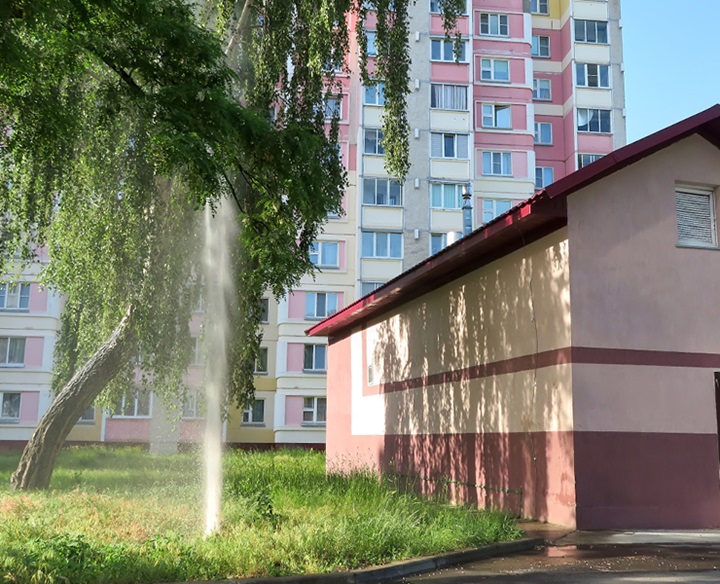
Air Release and Vacuum Issues

Vacuum Issues
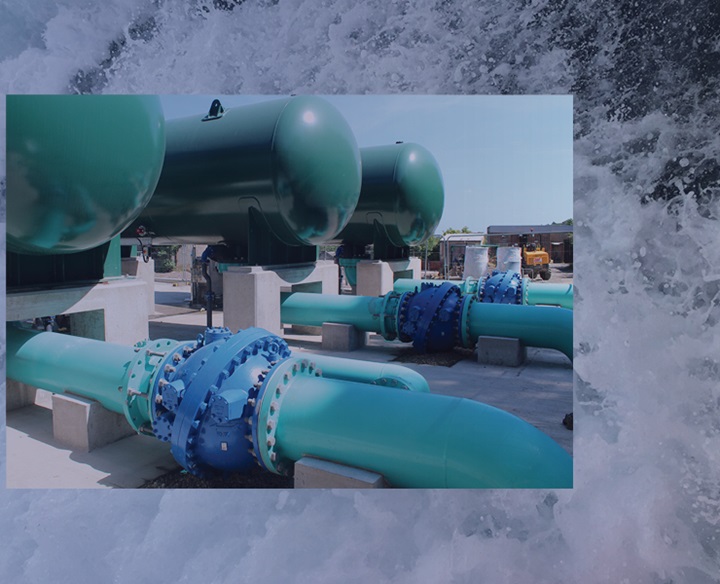
Network Safety Solutions Home Page
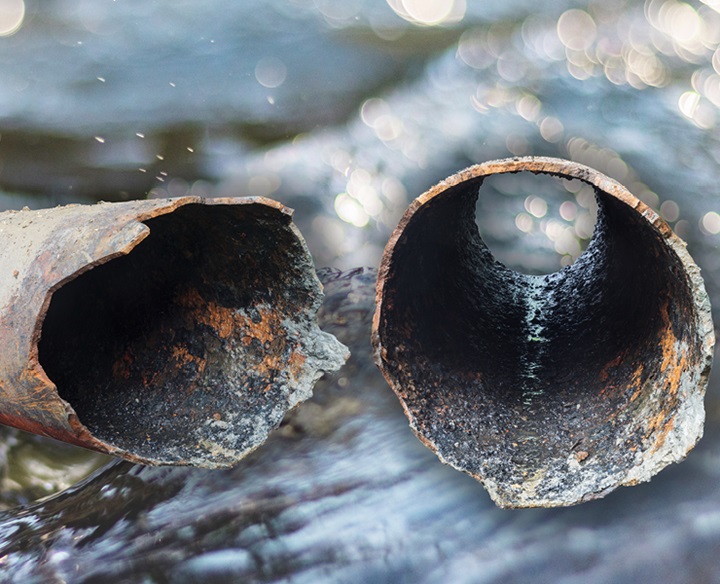
Water Hammer Issues
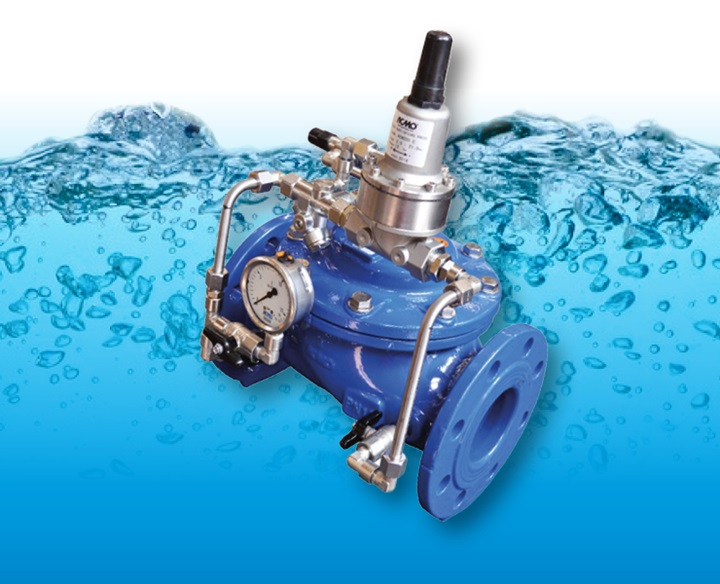
Water Hammer Control Valve Solutions
